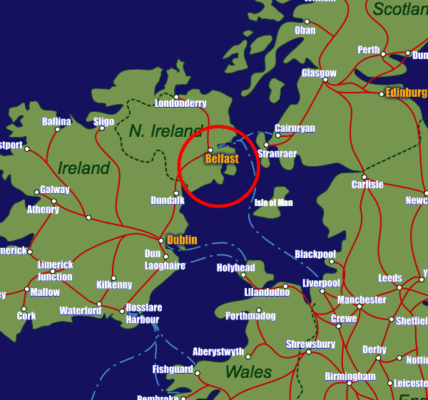Natural sciences are the set of scientific disciplines that are responsible for studying nature and natural phenomena . Their purpose is to explain and discover the laws that govern the natural world, and predict its behavior.
Social sciences are the set of scientific disciplines that have as their object of study the human being, society and its institutions . Their intention is to explain and understand how the social world works.
Both use the scientific method and their aim is to expand knowledge about reality.
Natural sciences and social sciences
| Natural sciences | Social sciences | |
|---|---|---|
| Definition | They are a set of scientific disciplines that study nature and natural phenomena. | They are a set of scientific disciplines that study human beings, society, their behaviors, interactions and creations. |
| Purpose | Explain and discover the laws of the natural world and how it works. | Explain and understand how the social world works, the actions and behavior of human beings and their institutions. |
| Object of study | The world and natural phenomena. | Human being, the social world and its interactions. |
| Methods | Mainly quantitative, experimental and supported by formal sciences, such as mathematics. | Quantitative, qualitative and mixed. |
| Characteristics |
|
|
| Disciplines | Astronomy, physics, chemistry, biology, geology. | History, political science, linguistics, economics, law, sociology, archaeology, psychology, geography, among others. |
What are natural sciences?
Natural sciences are a set of scientific disciplines that study natural phenomena and the natural world . They use a methodology that involves the use of observation and experimentation.
Its purpose is to increase knowledge about the natural world, as well as to explain and predict its phenomena.
They aim to develop theories and discover the laws of nature.
Natural sciences exclude any explanation not based on observable, empirical, and measurable facts that researchers can test.
The falsifiability or refutability of theories in natural sciences holds great importance. Scientists do not consider theories true in a dogmatic way; instead, they must constantly test them to ensure ongoing scientific development.
Natural sciences emphasize scientific rigor and aim to reduce ambiguity by simplifying the phenomena they study. Researchers leave out anything that does not have a direct impact on their research.
This allows for better isolation of what is being investigated.
On the other hand, they maintain a deterministic position on the knowledge of the world, with an interest in the discovery of cause-effect relationships in nature, and they look for the patterns that define the behavior of natural objects and elements, in order to explain reality.
Characteristics of natural sciences
- Determinists: There is an interest in cause-effect explanations.
- Greater use of experimentation and mathematical models in formal sciences.
- Nature and natural phenomena are not ambiguous and their study can be simplified.
- The quantitative method predominates.
- Neutrality: the beliefs or opinions of the researcher have little or no influence on the process and results of scientific research.
- Reproducibility and reliability of the research process and its results.
- Verification and refutation are possible through experimentation.
- They aim to discover laws, theories and general principles of the natural world.
Object of study of natural sciences
The natural world and its phenomena are the subject of study of the natural sciences. Their aim is to formulate laws and theories that are capable of predicting what will happen.
The method used gives priority to experimentation and is based on a hypothetical-deductive principle. That is, one starts with a problem, observes the facts, establishes a hypothesis and then tests the hypothesis through experimentation.
Due to the particularities of the object of study, in the natural sciences it is easier to determine and isolate the set of variables under study than in the social sciences.
Predictability and reliability in natural sciences
Since natural sciences attempt to discover and establish laws, theories and principles, the behavior of natural phenomena must be predictable. What has been discovered or theories that have been reached are tested against what is observed or will be observed in the real world.




